Helping others is helping ourselves
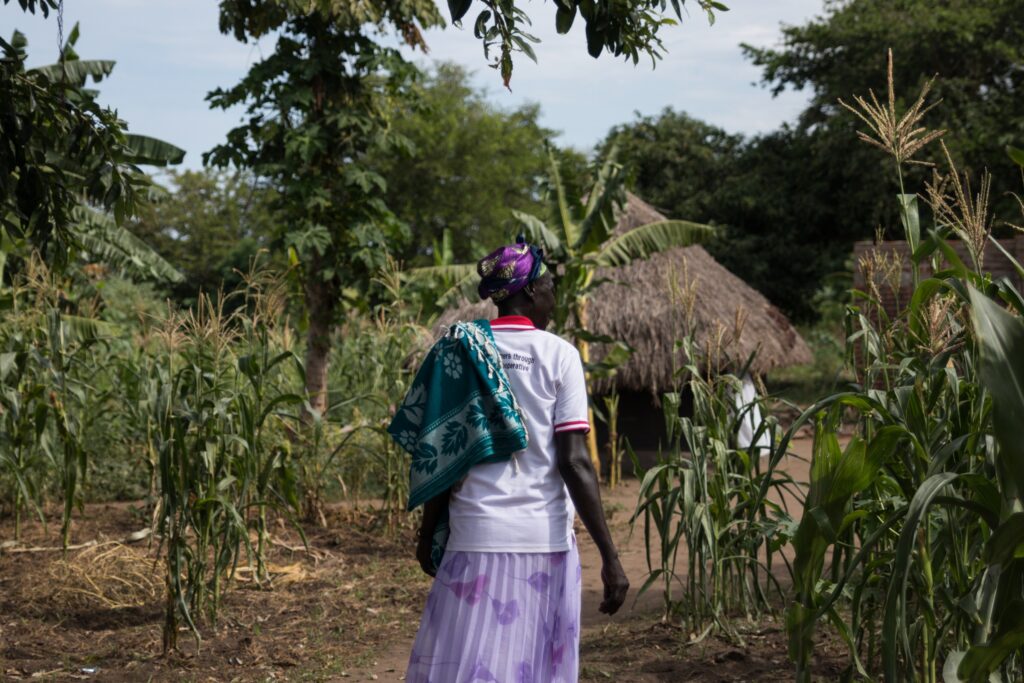
Aid motivated solely by humanity and solidarity is good. Providing aid out of self-interest is also fine.
There are many aid clichés. One of them is the portrayal of recipients as poor people in weakly functioning countries in Africa while donors are generous benefactors in the global north. It is we, the aid donors, who are doing the recipients a great service. All they have to give us in return is gratitude.
This is not the case. There are many good reasons to support Africans' efforts to achieve economic growth and develop democratic, rule-of-law states. We benefit from this ourselves, and aid to developing countries is therefore also an investment in our own future.
Refugees
Uganda, where I am currently writing, can serve as an example. The country has decades of unrest and civil war behind it. Today, however, the country is a peaceful island surrounded by conflict zones. Large numbers of refugees have found their way here from the conflict in South Sudan, from the civil war in Sudan and from the fighting in Congo. Refugees also come to Uganda from the very oppressive regime in Eritrea.
Uganda has become Africa's largest refugee host. More than 1.8 million have sought refuge in the country. It is obviously very demanding for a poor country that has its own major challenges. It would not be surprising if Ugandans were self-sufficient, but that is not how they have reacted. They have welcomed the refugees. With assistance from other countries, such as Norway, they have also been able to give the refugees the opportunity to provide for themselves, by renting, or borrowing, land on which they can support themselves.
The situation must not be painted in a positive light. It is extremely hard to be a refugee, even in Uganda, but a basic generosity in the population is a good starting point for effective aid work that aims to do more than ensure that their most basic needs are met.
Smartly designed aid helps. In the Ugandan refugee response, 70 percent of the aid goes to the refugees, while 30 percent of the aid goes to the host population. This reduces the level of conflict and gives the local population the experience that helping the refugees also benefits them. Many of the locals were themselves driven from their homes when the civil war raged in Uganda, and they therefore know well how difficult life as a refugee is.
Why is it in Norway's self-interest to help refugees in Uganda? Well, if Uganda was unwilling, or unable, to absorb the soon-to-be two million refugees, they would have to go somewhere else. Most would find their way to other areas in the region, which would lead to increased pressure on limited resources that would have a destabilizing and conflict-creating effect in these areas. Some would find their way to Europe. If you want to help people where they are, as several Norwegian politicians are now advocating, then Uganda is a very obvious place to provide that help.
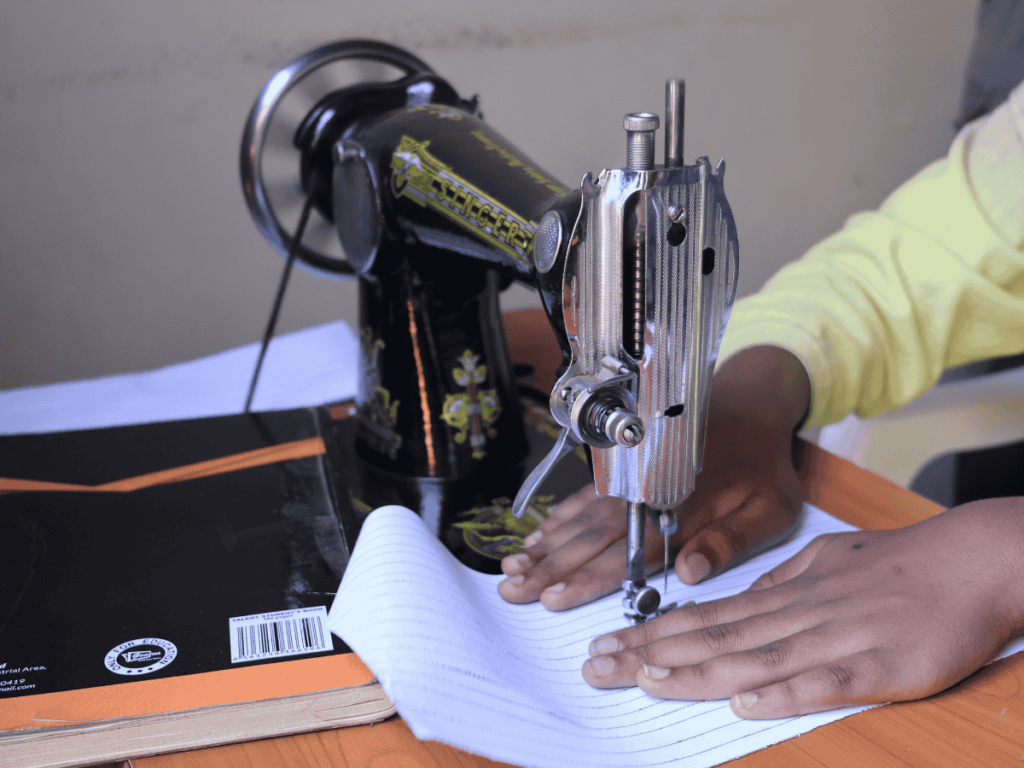
Climate and environment
Africa faces major challenges with climate change. Effective aid must aim to strengthen the ability to manage and adapt to these changes, which have a broad impact, but are not least a challenge for agriculture. Ideally, projects should not only enable farmers to cope with climate change, but also ensure that they do not contribute to worsening it. Forest conservation is an obvious example of this, as is tree planting, but also information about the importance of microorganisms in the soil, biodiversity and more. One concrete example of a simple but effective measure is how Caritas Uganda has equipped villagers with simple machines that create fuel in the form of briquettes made from organic waste such as corn stalks and bean leaves, thus sparing trees and shrubs from being cut down for fuel.
How does it help Norway? Climate adaptation measures can reduce the number of climate refugees. Measures that have a positive effect on the climate, such as tree planting or forest conservation, are obviously also good for Norway. After all, we share one planet with one atmosphere.
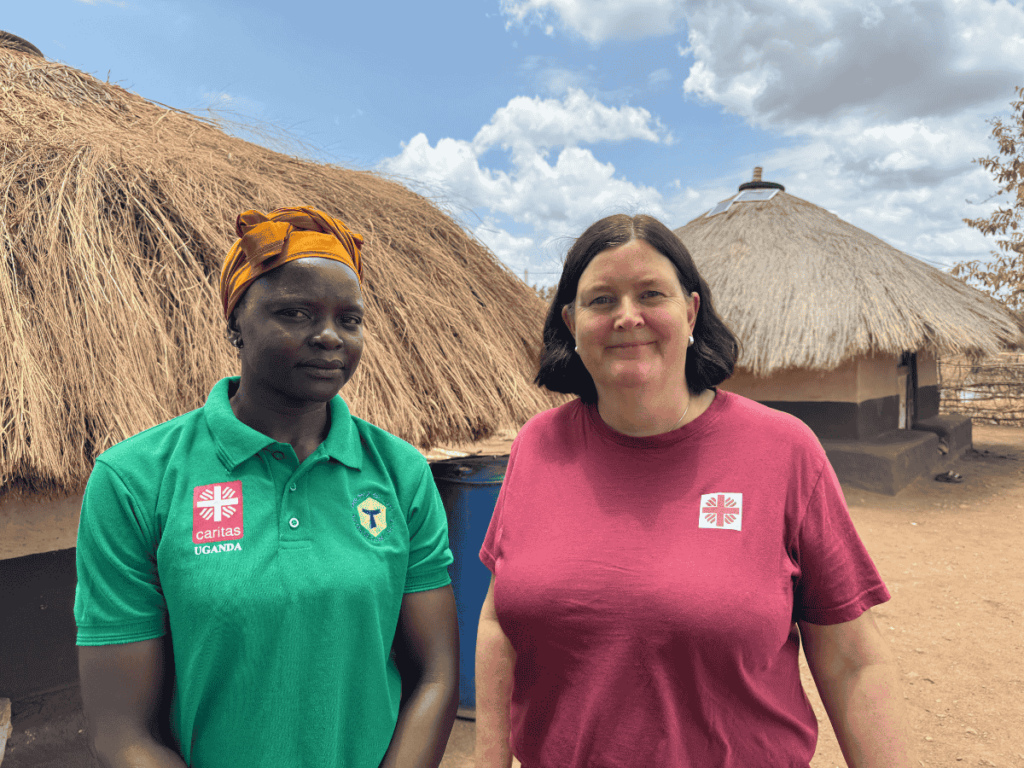
Most people live in Africa: Democracy and the rule of law
"Most people live in China," it used to be said jokingly. This deliberate exaggeration will probably have to be used for Africa in the future. More than half of the world's population growth up to the middle of this century is expected to take place in Africa. The African continent is not far from us. What kind of neighbors do we want to have to the south? It would be quite obvious that it would be preferable if as many of them as possible were stable, democratic states governed by the rule of law with fairly robust economies.
Well-managed aid work contributes to this in several ways. It is important that the work is locally led. That it is carried out by Ugandans in Uganda, Congolese in Congo, etc. And it is important that the projects aim to ensure that participants are given the tools they need to manage themselves, and are able to constantly develop their business through improvements.
Locally-led assistance builds civil society skills, which are critical in the development of democratic societies. Through locally-led assistance, local organizations build technical, administrative, legal and economic knowledge. Not least, they become important watchdogs, which can put pressure on their governments to work for their citizens, and hold them accountable when they fail.
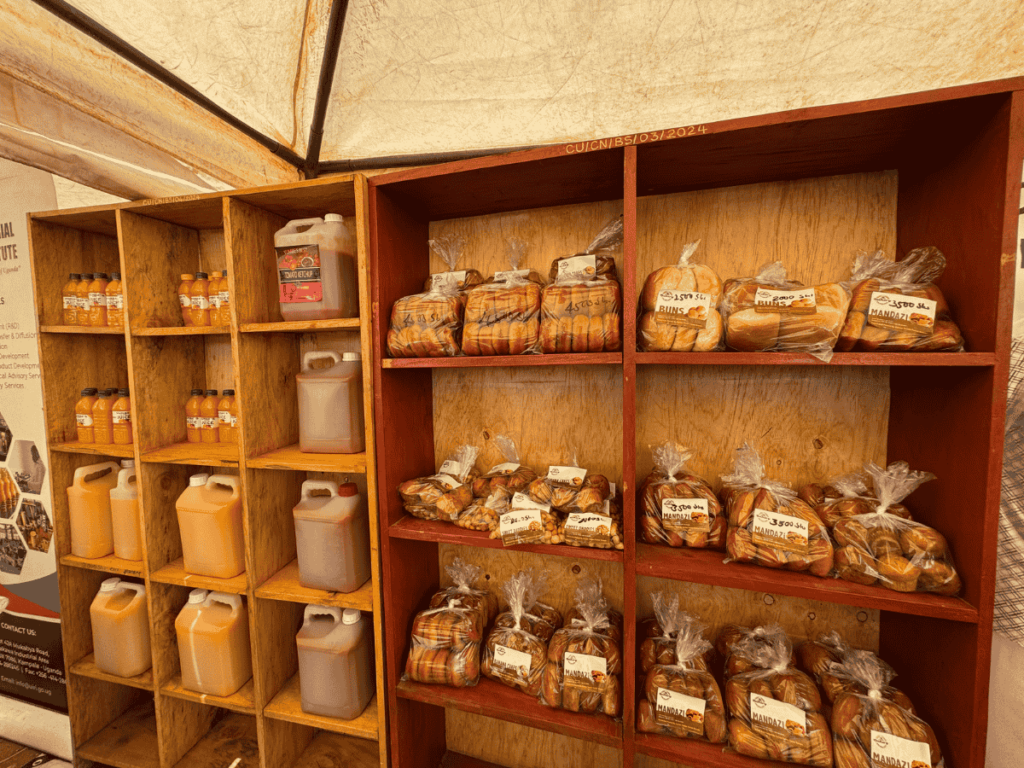
(Photo: Hans Olav Arnesen/ Caritas Norway)
Development and prosperity
Technical and economic knowledge among beneficiaries of livelihood projects makes it possible to achieve growth and develop a stable and profitable economy. Africa receives relatively little help from international investors in terms of raising capital for business and innovation. Less than 1% of the world’s investment capital finds its way to sub-Saharan Africa. As African countries gain a reputation as stable states with strong civil societies, this may change.
Otherwise, the only way out is to "pull yourself up by the hair" and raise capital on your own. It is a tough and difficult path, but locally led aid projects with a long time horizon give hope that this is possible.
One example of this is that Caritas Uganda no longer only receives support from abroad, but has a national fundraising program. Various fundraising campaigns in the cities provide much of the money for the road, but now the villages that have managed to make a modest profit, through fish farming and more efficient agriculture, will also contribute a small amount each month. The money collected will go to help new villages, as well as to invest in further improvements, which will gradually provide more capital.
The Chinese are taking Africa seriously. The Russians are also very active on the continent. Norway and Europe need new partners now that old friends are failing. Turning our backs on what is often referred to as the continent of the future could prove to be a costly mistake.
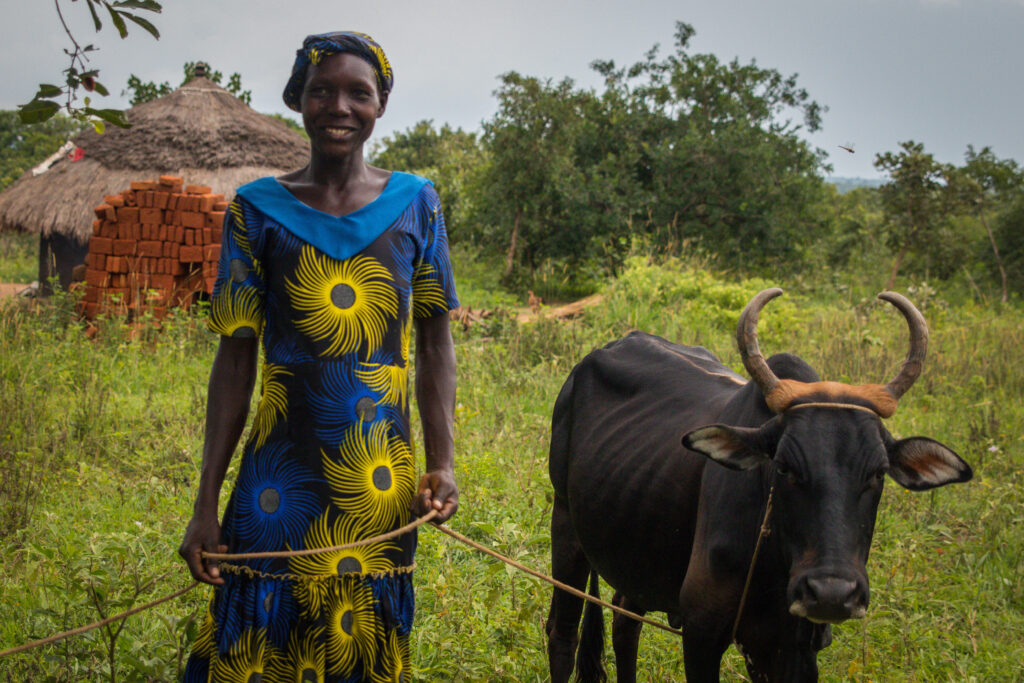
They have to manage it themselves.
The help from Norway is of great importance. A huge number of African lives have been improved thanks to the support local Caritas -organizations in African countries have received from Norway. The reason this assistance is so effective is largely because it is carried out by those who live where the projects are to be implemented, and who are therefore familiar with both the challenges and opportunities in the area.
It is the Africans themselves who must solve their own challenges. However, we are in a position to help them. The Africans who are working tirelessly to solve the challenges of food security , climate adaptation, protection of forests and nature, logistics and further processing and much more are doing it to improve conditions in their own countries. However, if they succeed, it will also be good for Norway.
The less deforestation, the more tree planting and other climate measures implemented in Africa, the better it is for the entire planet. The more efficient and productive Africa becomes, the more trading partners Norway will have in the future. The same applies to education. Maybe the “next penicillin” will be invented by an African who has received education thanks to projects Norway has supported?
A world with more hunger, disease, and hopelessness is not in the best interests of Norway and Europe. Aid can therefore be justified based on pure self-interest.
Perhaps it is even better to help because it is right and fair.